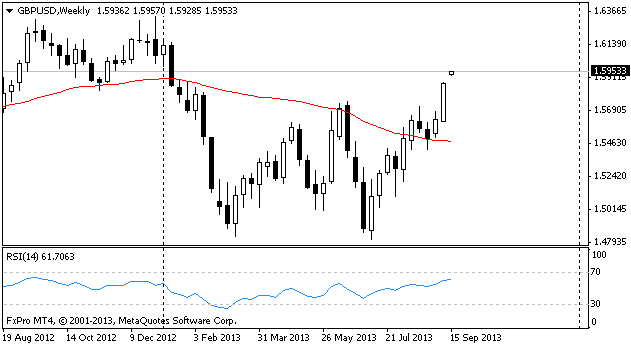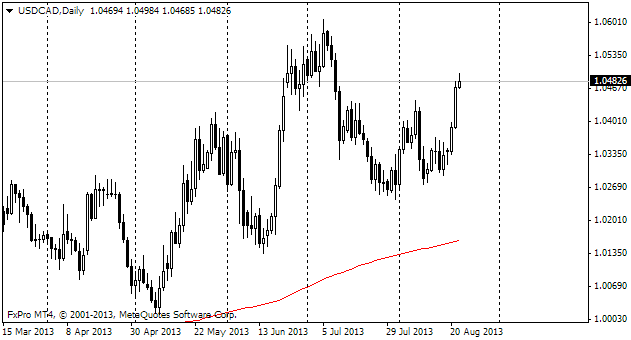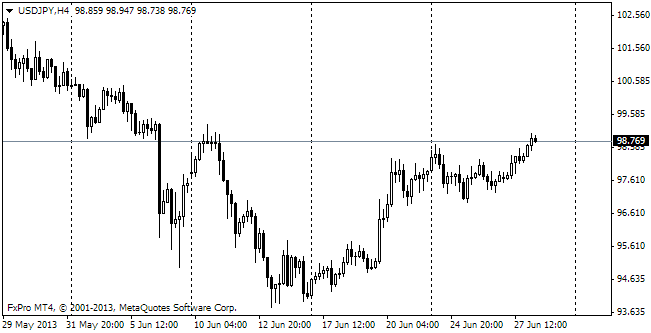EUR/USD
USD has been falling after yellen's words about ‘continuing commitment' to economic support from Fed. It means that Fed's governor remains dovish, just like at the end of the previous year. This softness anyway didn't break the trend for tapering, set by another ultra-dove, Bernanke. In effect Yellen said that the threat is posed by deflation rather than inflation. In reaction to this comment eurusd returned to 1.3840 during the Asian session. It is even possible that the growing energy independence of the USA is playing a crucial role here. The thing is that in the 2000s the global economic growth was accompanied by the rise of commodity and energy prices with the much higher amplitude. But this time the acceleration of the US economic growth hasn't provoked any similar reaction. Moreover, the thread between the US and Chinese growth rates seems to be torn. To be more exact, there is likely to be some connection still, simply but for this acceleration in the developed countries China would suffer much more. Investors still feel the connection between the US and European indicators, expecting that the high economic growth rate in the former will contribute to growth in the latter and will eventually lead to toughening of the monetary policy. Now even confidence in the absence of policy softening is able to strengthen the single currency. In our opinion, this supposition is superficial. The growing supply of oil (thanks to Iran, Iraq and Libya) and gas (thanks to the USA and again Iraq) is able to keep the energy prices unchanged, thus spurring inflation in the eurozone. Another factor of price growth – the growing consumer demand – is now out of the game, despite the seeming economic growth in Europe. The troubled countries suffer deflation and Germany alone with its economical people cannot raise consumption so that it pose a threat to price stability. Upon the whole, the single currency will be in demand for a while, but we'd recommend to be cautious with purchases at these levels. It is quite possible that it won't go farther than the gap closure. It means that the pair may hold out above 1.3880.
GBP/USD
The sterling hit the five-year highs and rose to 1.6835. Our scepsis regarding the pound's prospects in the preceding days and weeks was based on the supposition that the economic growth would lose momentum. However, yesterday's employment data proved to be quite promising. The unemployment rate for three months ending with February dropped down to 6.9%, the number of unemployment claims decreased by another 30K. Over the first three months this indicator declined by more than 100K, which corresponds to the decline rates at the end of the previous year.

USD/CAD
The canadian dollar was less than others able to take advantage from USD's weakness, as the BOC put pressure on the domestic currency by its commentary to the monetary policy decision. The Bank of Canada remarked that exports didn't hurry to grow and strengthening of business activity wasn't becoming a reality. It is easily explained by the growing gas production in the USA, which made huge purchases of Canadian Oil before the crisis. The Loonie seems to get stuck around 1.10.

USD/JPY
The pair failed to hold out at 102.30 and returned below 102.00 last night. It happened due to weakness of the US currency. Anyway, the favourable influence, that Yellen produces on the markets, should soon take its effect and the yen may again be sold as a debt currency to purchase the high-yield Kiwi, aussie and Won.
